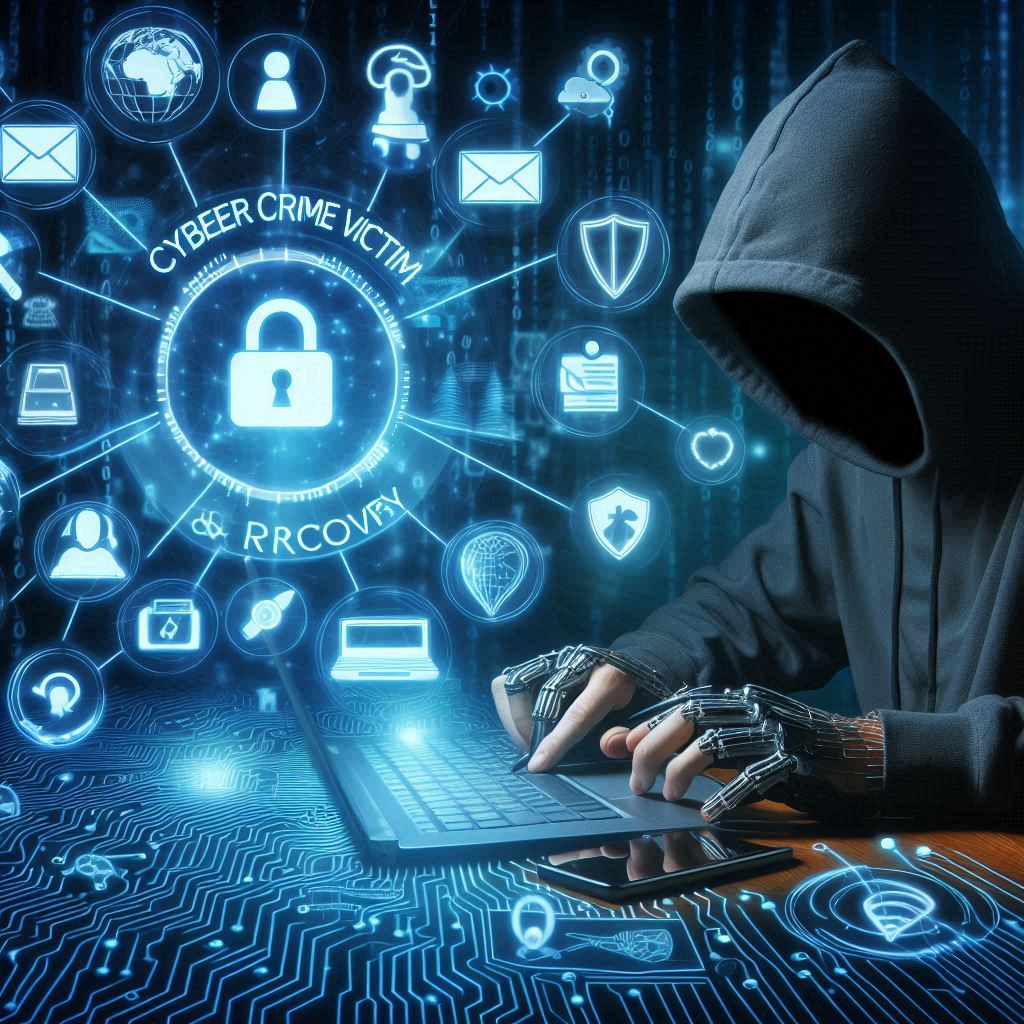Cyber crime is a constantly evolving threat that no single entity can combat alone. The complexity and global nature of cyber threats require a collaborative approach that brings together the expertise, resources, and capabilities of both the public and private sectors. The FBI Cyber Crime Unit (FBICCU) recognizes this necessity and has made public-private partnerships a cornerstone of its strategy to protect the nation from cyber criminals. In this blog, we’ll explore the critical role these partnerships play in enhancing cybersecurity and combating cyber crime.
### 1. **Why Public-Private Partnerships Are Essential**
Cyber crime affects everyone—from individuals and small businesses to large corporations and government agencies. The interconnectedness of our digital world means that a vulnerability in one sector can quickly become a threat to others. Public-private partnerships bridge the gap between the resources of the government and the agility and innovation of the private sector, creating a unified front against cyber threats.
The private sector often owns and operates much of the critical infrastructure that cyber criminals target, including financial systems, energy grids, and telecommunications networks. These industries have unique insights into their vulnerabilities and potential threats. By partnering with the FBI Cyber Crime Unit, private organizations can share real-time information about cyber incidents and receive expert guidance on how to strengthen their defenses.
### 2. **How the FBI Cyber Crime Unit Engages with Private Sector Partners**
The FBI Cyber Crime Unit actively engages with a wide range of private sector partners across various industries. This collaboration occurs through several key initiatives:
- **Information Sharing Programs:** FBICCU facilitates the exchange of threat intelligence between the private sector and government agencies. Through programs like InfraGard and the Domestic Security Alliance Council (DSAC), the FBI provides businesses with critical information about emerging threats, enabling them to take proactive measures to protect their networks and data.
- **Joint Investigations:** When a cyber crime impacts both the public and private sectors, FBICCU often collaborates with affected companies to investigate the incident. These joint efforts help to quickly identify the perpetrators, mitigate further damage, and prevent similar attacks in the future. By working together, the FBI and private organizations can pool their resources and expertise to achieve better outcomes.
- **Cybersecurity Training and Exercises:** The FBI Cyber Crime Unit offers training programs and simulated exercises to help private sector partners improve their cybersecurity practices. These programs are designed to prepare companies for real-world cyber incidents, testing their response plans and identifying areas for improvement. By participating in these exercises, private organizations can enhance their ability to respond to cyber threats and minimize potential damage.
- **Public Awareness Campaigns:** FBICCU partners with private companies to promote cybersecurity awareness among the general public. These campaigns educate individuals and businesses on the importance of cybersecurity and provide practical tips for staying safe online. By raising awareness, the FBI and its partners help to create a more secure digital environment for everyone.
### 3. **Success Stories: Public-Private Collaboration in Action**
Public-private partnerships have proven to be highly effective in combating cyber crime. Here are a few examples of how these collaborations have led to successful outcomes:
- **Botnet Takedowns:** The FBI Cyber Crime Unit has worked closely with private sector companies to disrupt and dismantle major botnets—networks of infected computers used by cyber criminals to launch large-scale attacks. By sharing intelligence and coordinating efforts, the FBI and its partners have been able to take down botnets responsible for distributing malware, conducting denial-of-service attacks, and stealing sensitive information.
- **Ransomware Response:** In recent years, ransomware attacks have become a significant threat to businesses and public institutions. FBICCU has partnered with private sector organizations to respond to these incidents, helping victims recover their data and track down the attackers. Through these collaborations, the FBI has been able to disrupt ransomware operations and bring cyber criminals to justice.
- **Supply Chain Security:** The FBI has worked with private companies to identify and address vulnerabilities in supply chains that could be exploited by cyber criminals. By collaborating with industry leaders, the FBI has helped to secure critical components and systems, preventing cyber attacks that could have far-reaching consequences.
### 4. **Building Trust: The Foundation of Effective Partnerships**
For public-private partnerships to be successful, trust is essential. The FBI Cyber Crime Unit works diligently to build and maintain trust with its private sector partners. This trust is fostered through transparency, open communication, and a commitment to protecting the confidentiality of shared information.
FBICCU recognizes the sensitivity of the data and intelligence provided by private organizations. As such, the FBI ensures that this information is handled with the utmost care and is used solely for the purpose of preventing and investigating cyber crime. By safeguarding the privacy and security of its partners, the FBI encourages more companies to engage in these crucial collaborations.
### 5. **The Future of Public-Private Collaboration in Cybersecurity**
As cyber threats continue to evolve, the need for strong public-private partnerships will only grow. The FBI Cyber Crime Unit is committed to expanding its collaborations with private sector organizations, exploring new ways to share intelligence, develop innovative cybersecurity solutions, and respond to emerging threats.
Future initiatives may include deeper integration of private sector expertise into government-led cyber investigations, enhanced joint training programs, and the development of advanced technologies to detect and neutralize cyber threats. By continuing to strengthen these partnerships, FBICCU aims to create a more resilient and secure digital landscape for all.
### Conclusion
The fight against cyber crime is a collective effort that requires the combined strengths of both the public and private sectors. Through its public-private partnerships, the FBI Cyber Crime Unit is able to enhance its capabilities, protect critical infrastructure, and stay ahead of the ever-changing cyber threat landscape.
By working together, the FBI and its private sector partners are making significant strides in combating cyber crime, ensuring that individuals, businesses, and the nation as a whole can thrive in a secure digital environment. As these partnerships continue to evolve and grow, they will remain a vital component of the nation’s cybersecurity strategy, helping to protect against the threats of today and the challenges of tomorrow.


